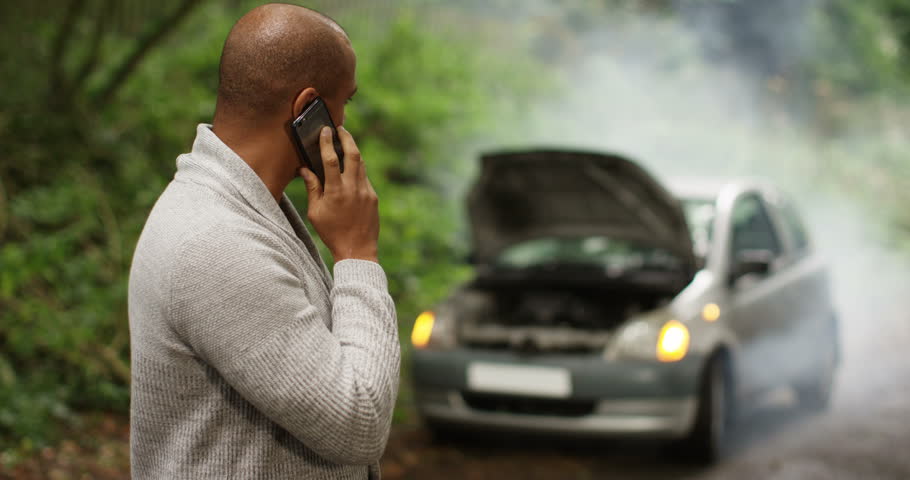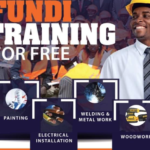Many times, the car’s failures do not appear simply due to vehicle defects or wear. Having bad habits in our daily driving can cause more than one unnecessary breakdown.
Each driver is a world and everyone drives as they want, can or knows. Maybe what you do in certain circumstances, for another driver is wrong or vice versa.
What we can be clear is that, if we perform the following 10 bad habits at the wheel of our car, we will have more chances of suffering an unnecessary breakdown.
DIRECTION: MOVE THE STEERING WHEEL WITH THE CAR STOPPED
The steering rack or the steering pump could suffer, the suspension could become unbalanced and the tire could deform if we carry this habit very often: we move the steering wheel when the vehicle is stopped, for example, when leaving our parking area.
Despite the presence of power steering in most new vehicles, which greatly reduces the problem, it is not recommended to turn the steering wheel to its limit and force it.
CLUTCH: ABUSIVE USE OR LEAVE THE FOOT SUPPORTED
The use of more force when pressing the clutch pedal reduces the life of this vital mechanical element to change gear and transfer the force of the engine to the wheels.
Its wear causes it to skid when making gear changes and starts to fail.
Avoid waiting at traffic lights with the gear engaged and the pedal pressed, and also avoid leaving the foot resting on it while we are driving, as it would accelerate to possible breakage of the clutch
BRAKES: EXCESSIVE USE
Learning to brake using the engine and anticipating the circumstances is the best way to optimize the brake system of your vehicle and avoid excessive wear.
You do not always have to press the brake pedal to reduce the speed and you do not always have to wait until the last moment when you see that the traffic light is red to give a brake to stop the vehicle.
GENERAL: DO NOT CARRY PREVENTIVE MAINTENANCE
If you do not meet the deadlines set by the workshop for the maintenance of your vehicle, the life of this could be shortened.
Carry a preventive control, for example, engine oil, condition of the filters, brake pads will allow you to detect any failure or problem in your car, which could also be in benefit of your safety.
ENGINE: CIRCULATE WITH THE RESERVE IN RESERVE
A common practice when we want to maximize the payment of a new fuel tank .Or to go refueling a few amounts of fuel to avoid a large payment at once.
Both practices increase the possibility that impurities enter the tank and end up affecting, for example, the engine injectors or the fuel filter. For its part, the fuel pump may not be properly cooled in these circumstances and end up breaking down.
ENGINE: AGGRESSIVE OR VERY QUIET DRIVING
The extremes are not good, and in driving they are not either. On the one hand, if you are one of those who drive in an aggressive way, giving sudden accelerations or braking, maximizing the speed of the mechanics or starting the engine cold, the only thing you get is that the suffers in excess, affecting engine, brakes and gearbox.
On the other hand, driving too slowly, you have bad consequences, affecting the transmission of the vehicle, the turbo or the crankshaft of the engine. For example, with current diesel, not reaching certain engine regimes as usual can end up affecting the particulate filter or the EGR valve, in which more carbon can accumulate.
TIRES: PARK ON THE SIDEWALK OR STUCK TO THE CURB
You leave the car parked in the street on a hill and leave the front tire resting on the curb; or even on level ground, you leave it on the same sidewalk. When doing the parking maneuvers, you also have to be careful. All these habits can end up damaging your car’s tires, and even the suspension and alignment of the steering.
TIRES: DO NOT CONTROL THE PRESSURE
Driving with inadequate pressure can end up prematurely wearing down your car’s tires and going against your safety and that of other drivers.
If you wear excessive pressure, above the recommended, the tire will have a premature wear in the center, less grip the asphalt and a possible increase in vibration could affect the shock absorbers. Conversely, a lower than normal pressure will cause the tire to wear more along the sides of the tread, modify the behavior of the car and slightly increase fuel.
The best advice is to check the pressures at least once a month and before taking a long trip, adapting it if necessary for the excess of luggage.
SUSPENSIONS: CATCH THE SPEED BUMPS AT HIGH SPEED
Do not stop in time to face the many speed bumps in the cities can be detrimental to the suspensions and tires of your vehicle, as well as the body if it is very close to the asphalt.
TRANSMISSION: LEAVE THE HAND SUPPORTED
A very common practice in cars with manual transmission: the driver relaxes and leaves his hand resting on the gear lever, as if it were a hand rest. This practice can lead to serious imbalances in the internal mechanisms of the lever itself or wear and deformation of certain elements of the transmission due to pressure or friction.














